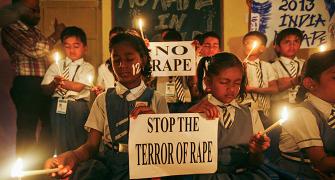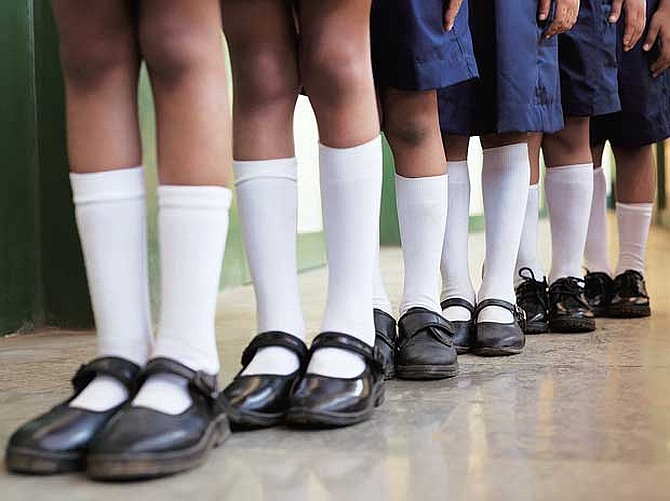There are three acquittals for every conviction in a Protection of Children From Sexual Offences Act case, according to a study on the decade-old law to protect children.

The analysis revealed that Chandigarh and West Bengal are the only states where the average time taken for convictions is within the statutorily prescribed period of one year under the Protection of Children From Sexual Offences Act.
Titled A Decade of Pocso, the study was carried out by the Justice, Access and Lowering Delays in India -- an initiative by the Vidhi Centre for Legal Policy, an independent think tank doing research to make better laws and improve governance.
It was done in collaboration with the Data Evidence for Justice Reform (De Jure) programme of the World Bank.
The study collected metadata for nearly 4 lakh POCSO cases and analysed 2.31 lakh cases to understand the pendency and disposal patterns.
Uttar Pradesh has the highest pendency with more than three-fourths or 77.77 per cent of the total POCSO cases that were filed between November 2012 and February 2021, according to the data.
At 80.2 per cent, Tamil Nadu has the highest disposal out of total filings during the period.
"For every one conviction in a POCSO case, there are three acquittals. Acquittals are significantly higher than convictions for all of the states studied," it said.
For example, acquittals are seven times more than convictions in Andhra Pradesh, while it is five times more than convictions in West Bengal.
Kerala is the only state where the gap is small as acquittals constituted 20.5 per cent and convictions constituted 16.49 per cent.
The study finds that though the number of pending POCSO cases was increasing gradually over the years, their proportion was on a decline till 2019.
However, there was a sharp increase of 24,863 cases in the number of pending cases between 2019 and 2020, the study stated, adding that it could be attributed to the COVID-19 pandemic and its impact on the functioning of courts across the country.
On an average, it takes 509.78 days or nearly 1 year and five months for a POCSO case to be disposed of as against the one-year time period stipulated by Section 35 of the Act, it said.
Chandigarh and West Bengal are the only states where the average time taken for convictions is within the statutorily prescribed period of one year, according to the study.
"In most states, courts spend more time in hearing cases that ultimately end in conviction as compared to cases that end in acquittal," it said.
Over 56 per cent of all the POCSO cases correspond to the offences of penetrative sexual assault and aggravated penetrative sexual assault, which prescribe the most stringent punishments under the Act, the data revealed.
Convictions are lowest in cases of sexual harassment with a rate of 18.16 per cent, the study states.
In 22.9 per cent of the 138 judgements analysed in detail by the initiative, the accused were known to the victims -- they were family members in 3.7 per cent of the cases.
In these cases, 18 per cent involved a "prior romantic relationship", while the relationship between the victim and accused was not identified in 44 per cent.
The study has made a slew of recommendations, including inclusion of appropriate information about Pocso in school curriculum, adding information on helplines like Childline. It has also suggested that the age of consent in the law be reduced to 16 from 18.










